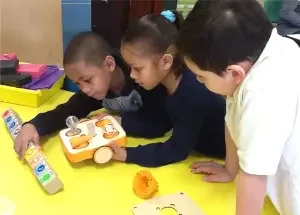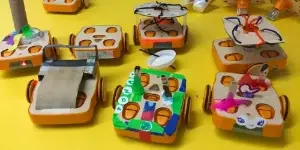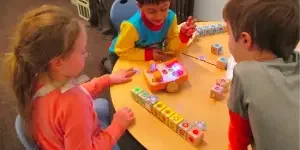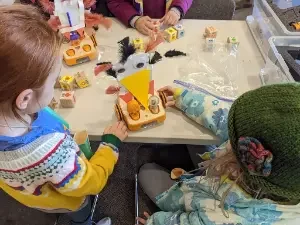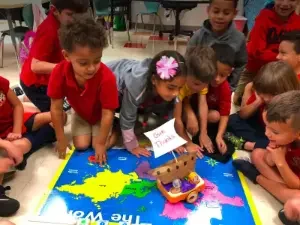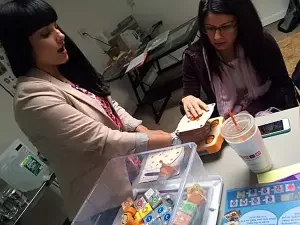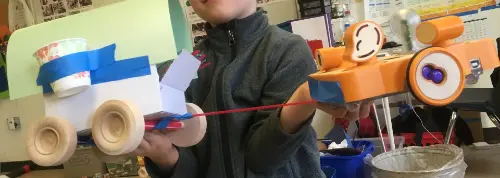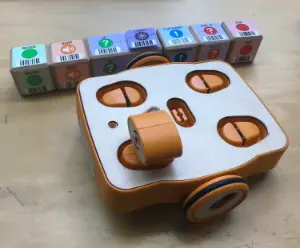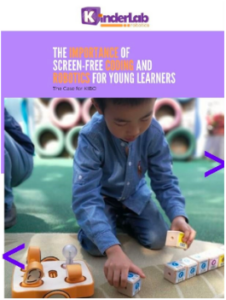9 Benefits of Coding and Programming Robots for Kids from PreK-5th Grade
Coding and programming is how we interact with computers and what we use to construct and run websites, video games, apps etc. Learning to code means to learn to speak and write in the computer’s language. While this may seem hard, educational technology is a huge part of children’s life today and it is essential for young students to learn how to design, develop and communicate with digital technology. Some even say that coding is the new literacy. So why bring coding to PreK-5th graders? Let dive into 9 benefits of programming robots.
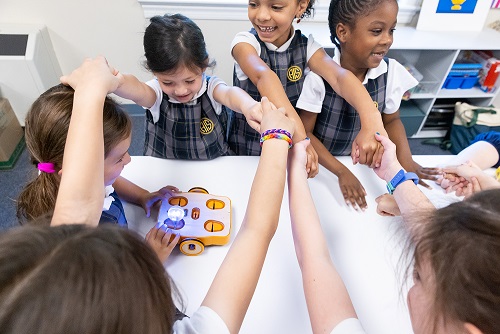
Since prolonged screen time is proven to have negative side effects on kids, there are screen free programming robots for kids available for those in PreK through Grade 5. These coding robots have been incorporated into classrooms to teach programming for young kids, who are able to learn coding through exploration and discovery.
9 Benefits of Programming Robots for Young Learners
1. Creativity – Coding empowers young children to not only consume digital technology but also be the producers of it. Instead of just playing a game, they can create one themselves.
2. Computational Thinking – By learning to code, early learners will also learn computational thinking which enables them to develop cognitive skills and learn logical and sequential thought processes. In this way, they will be able to test their code, spot any errors and quickly solve them quickly and easily. This can also be applied to any subject and will help students in all areas of life.
3. Collaboration – Coding also encourages collaboration as kids work alongside their peers, regardless of race, gender and background, as they are joined to complete a project together. Students collaborate with fellow students and share what they learn with their teachers and parents.
4. Communication – Communication is an important skill that is required throughout school, work and life. When young kids learn to code, they learn to communicate with technology. This teaches them how to break down complex ideas, arrange, and share them.
5. Persistence – Learning to code is a challenge for younger students as tackling complex problems can be frustrating. Through coding, early and elementary learners are able to, through grit and persistence, complete the task at hand.
6. Understanding – Students are able to better understand the world around them with programming knowledge. It can change the way they interact with the technologies used daily and can introduce them to new possibilities.
7. Career – Coding provides career advantages as these early learners have an understanding and enjoyment for STEAM that can take them into many desirable career paths.
8. Logic – Since logical thinking is required for the coding of robots, students are able to formulate step by step sequences to create a desirable outcome. In this way, young children are also able to avoid problems by anticipating them, testing, and fixing their code.
9. Algorithmic Thinking – Along with these skills, kids also learn algorithmic thinking, which is the ability to define clear steps to solve a problem. It enables kids to solve problems by breaking them down.
More about KIBO
KIBO, the learning robot designed specifically for early learners from Prek through 5th grade, offers an inviting, engaging platform for young children to start their journey into creating with code in a fun and creative way. KIBO’s block-based coding language gives children control over the robot’s movements, sounds, and sensors, allowing them to express their imaginations with code. The KIBO curriculum for educators also teaches children to tell stories, create characters, and explore the world around them through code. KIBO is the number one choice in screen-free coding for kids – trusted by more parents and schools to introduce today’s youth to the wonders of technology and robotics.
Learn more about why KIBO is so different – and so important – for your young learners, as it is designed to be extended with craft and other building materials, providing a platform for imaginative play, where children develop their computational thinking, and the engineering design process.
KIBO pulls together constructive play, problem solving, critical thinking, hands-on learning, and more!
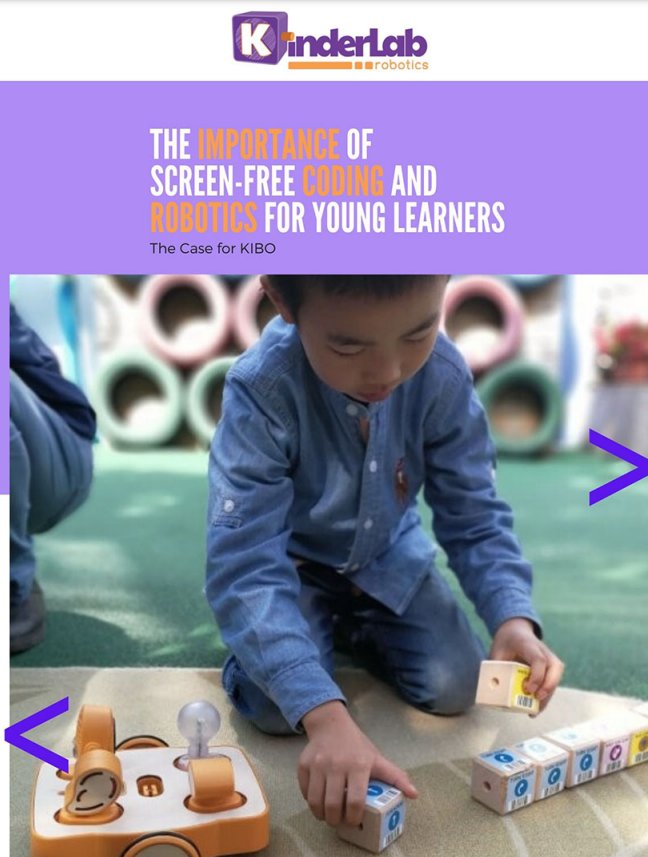 Download “The Case for KIBO – The Importance of Screen-Free Coding and Robotics for Young Learners” White Paper
Download “The Case for KIBO – The Importance of Screen-Free Coding and Robotics for Young Learners” White Paper
This whitepaper “The Importance of Screen-Free Coding and Robotics for Young Learners” is designed for educators when making the case for using robotics and coding into early childhood education. Learn more about the benefits of programming robots and how easily KIBO can fit into your classroom instruction.![]()

